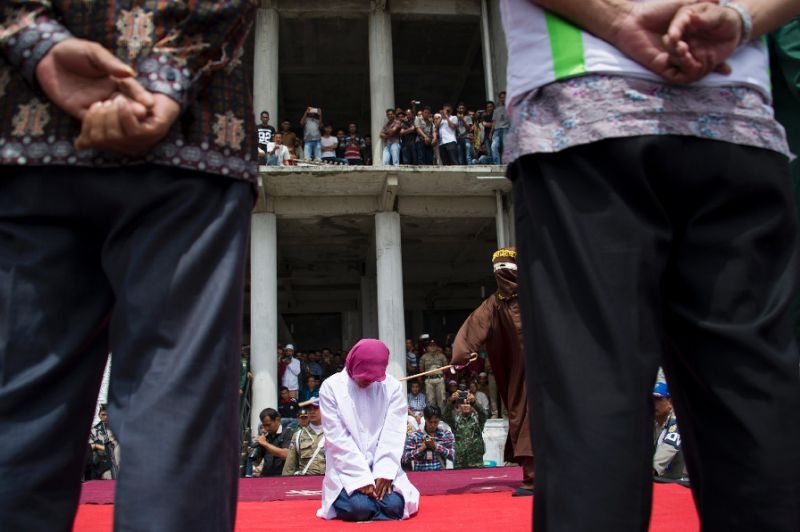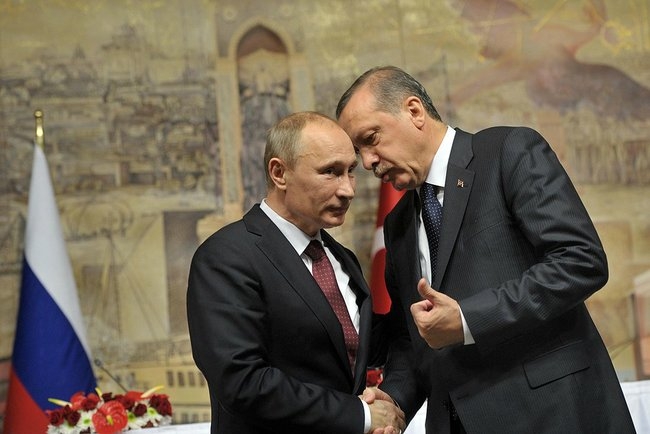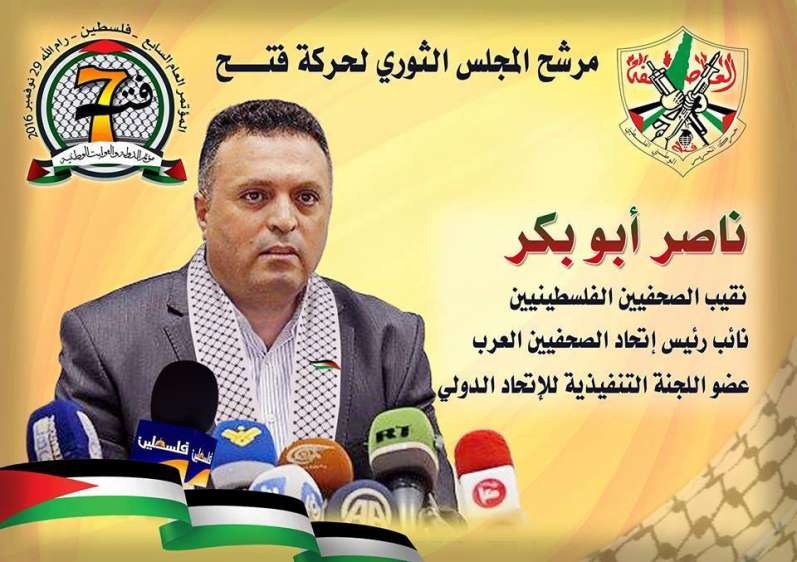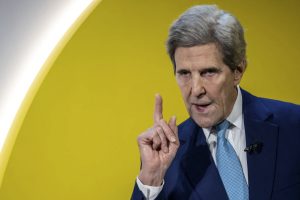U.S. President-Elect Donald J. Trump was recently called on to “guarantee” to Turkey that the Armenian genocide will not be properly acknowledged by the U.S. Congress, in a set of proposals regarding “U.S. Policy on Turkey”.
“The United States can quietly guarantee Turkey that the Armenian Genocide resolution in Congress will not pass. This has always been critical in the relationship, and most Turks care deeply about the issue,” reads a part of the paper issued by The Washington Institute for Near East Policy (WINEP), and authored by former U.S. ambassador to Ankara James F. Jeffrey and Turkish scholar Dr. Soner Cagaptay.
In the meantime, an Armenian protestant church in the Turkish city of Elazig (historic Kharpert/Harput) has been turned into a parking lot, the Dicle News Agency (DIHA) reported.
The walls of the church, which served as a place of worship for the Armenian and Assyrian communities alike, is now loaded with advertising boards, installed by the managers of the parking lot. Before that, the church was used as a flour plant, a marketplace and a livestock market.
The city of Elazig is located in the Armenian highland of eastern Turkey.
Professor Benjamin Lieberman in his book, Terrible Fate: Ethnic Cleansing in the Making of Modern Europe:
“Elazig is a small city in Eastern Turkey of several hundred thousand inhabitants, situated near a series of lakes created by a dam on the Euphrates River. Today its residents are mostly Turks and Kurds, but as late as the spring of 1915 it was also very much an Armenian town. In 1915, Armenians called it Kharpert while Turks referred to it as Harput. It had been an Armenian center for many centuries.”[1]
The historic town and citadel of Harput (also called Harpoot, Karpoot, and Kharperd) means “rock fortress” in Armenian. After the founding of the Turkish republic in 1923, the government changed the city’s name to “Elazig”.
According to professor Richard Hovannisian, the Armenian genocide was the “physical elimination of the Armenian people and most of the evidence of their ever having lived on the great highland called the Armenian Plateau, to which the perpetrator side soon assigned the new name of Eastern Anatolia”.[2]
No matter how much the Turkish government is trying to erase the Armenian heritage in Harput and the rest of Turkey, the Armenian roots of the region are undeniable. As a medieval town, Harput seems to have developed under the Byzantine rule (10th and 11th centuries – 938 onwards). According to the author T.A. Sinclair, “The Byzantines presumably valued the site for the powerful castle rock, but once a military base became established here a civilian population started to form. No doubt this population, ethnically Syrian and Armenian, came in part from the city of Arsamosata [a city in the Armenian Kingdom near the Euphrates] further east, which started to give way to Harput, as well as from nearby villages.”[3]
The Ottomans captured the region in 1515. Under the Ottoman administrative system, the province was called Mamuretul-aziz. But the Armenian presence in the city remained strong despite all of the massacres and pressures to which they were subject, such as forced conversions to Islam.
According to another author, George Aghjayan: “On the eve of the genocide… The figures as presented indicate that the Armenian population of Kharpert remained relatively static for almost a century, never deviating much from approximately 40,000.”
It was in 1915 that Armenians were exposed to what they often call “Medz Yeghern” or “the Great Disaster” when the leaders of the Turkish government set in motion a plan to expel and massacre them.
The plan resulted in the systematic extermination of 1.5 million Armenians. Today, most historians call this event a genocide–a premeditated and systematic campaign to exterminate an entire people.

Armenian civilians, escorted by Ottoman soldiers, marched through Harput to a prison in nearby Mezireh (present-day Elazig), April 1915. (Image source: American Red Cross/Wikimedia Commons) |
Professor Vahakn Dadrian, an expert on the Armenian Genocide, wrote in his article, “Children as Victims of Genocide: The Armenian Case”:
“In the provinces of Sivas, Harput, Trabzon, Erzurum, Diyarbekir, as well as the independent sanjaks of Urfa and Maras the genocide was earned out in part through deportations and in part through massacres… In all of these operations children were part of the general population targeted for wholesale destruction. In many instances they were also subjected to separate and differential forms of mass murder.”[4]
These forms of murder included methods such as mass drowning, mass burning, sexual assaults, and mutilations.
“[O]rphanages in which Armenian children were gathered after the liquidation of their families served as transit camps for subsequent annihilation through drowning.”
U.S. Consul at Harput, Leslie A Davis, described a horrendous scene of butchering around Lake Goeljuk [Golcuk/Hazar Lake] near Harput:
“In the mass burning of Armenian orphans, plain sadistic fiendishness was mostly at work. After eliminating the rest of the Armenian population, these remnants had become a nuisance to the perpetrators. In several regards it was deemed most economical to end their misery by torching them en masse. In four provinces, Diyarbakir, Harput, Bitlis, and Aleppo, this method was applied with special ferocity.”
After describing the gaping bayonet wounds on most of the naked bodies, usually in the abdomen or chest, sometimes in the throat with the victims showing “signs of barbarous mutilation,” Consul Davis declared:
“That which took place around beautiful Lake Goeljuk in the summer of 1915 is almost inconceivable. Thousands and thousands of Armenians, mostly innocent and helpless women and children, were butchered on its shores and barbarously mutilated.”
Mass poisoning and rapes of children were also widespread.
“An Armenian boy, adopted by a Turkish family in Mezre, Harput province, related a graphic description of rapes committed regularly by a Turkish man with the full knowledge of his wife in that household. The other modality involves rape before murder. In Ankara province, near the village of Bash Ayash, two rapist-killers — a brigand, Deli Hasan, and a gendarme, Ibrahim — raped twelve boys, aged 12-14, and subsequently killed them. Those who did not die instantly were tortured to death while crying ‘Mummy, Mummy’.
“A female survivor from Giresun relates how in Agn (Egin), Harput province, some 500 Armenian orphans collected from all parts of that province were poisoned through the arrangement of the local pharmacist and physician.”
According to the author Deirdre Holding, Davis sent a letter to his boss, the American ambassador at Constantinople, on 24 July 1915. It reads in part,
“I do not believe that there has ever been a massacre in the history of the world so general and thorough as that which is now being perpetrated in this region, or that a more fiendish, diabolical scheme has ever been conceived in the mind of man.”[5]
More than 100 years after the genocide, Turkey still denies it, and Turkish history textbooks even blame the genocide on the Armenians themselves.
Turkey’s persistent denial is a known fact but much of the world has also failed to recognize the genocide and sufficiently support the survivors. Today, similar crimes are committed by other criminal governments or organizations such as the Islamic State (ISIS), AL-Qaeda and Boko Haram.
When experts such as Amb. James F. Jeffrey and Soner Cagaptay deny the Armenian genocide and even try to prevent the U.S. government from officially recognizing it, they are not only killing the victims all over again but are also preventing Turks from learning historical truths that they need to learn in order to take the necessary steps to democratize their country.
However, there are also a few very courageous voices in Turkey who are trying to challenge the denial perpetrated by the government and much of the public. Turkey’s Human Rights Association (IHD), for example, declared in a statement last year:
“Genocide denial perpetuates genocide. Denial is the exculpation of the perpetrator and the criminalization of the victim. From course books to special publications, from newspapers to television programs, Armenians have been represented as those who deserve genocide. Since the foundation of the Republic, the Armenians of Turkey have been living to this day in a society that remains hostile to them and in close quarters with the grandchildren of perpetrators who think exactly the way their predecessors did.
“As long as the genocide remains unrecognized, justice will not be established. The curse of the genocide will not leave this land, and Turkey will never see the light of day. This is not a prediction, but a statement of fact.”
Uzay Bulut, a journalist born and raised a Muslim in Turkey, is currently based in Washington D.C.
[1] Terrible Fate: Ethnic Cleansing in the Making of Modern Europe, by Benjamin Lieberman. Rowman & Littlefield Publishers, 2013.
[2] The Armenian Genocide: Cultural and Ethical Legacies, by Richard G. Hovannisian, Transaction Publishers, 2007.
[3] Eastern Turkey: An Architectural & Archaeological Survey, Volume III: 3 Kindle Edition, by T.A. Sinclair. Pindar Press, 2014.
[4] “Children as victims of genocide: the Armenian case”, by Vahakn N. Dadrian. Paper presented at the international Association of Genocide Scholars, Galway, Ireland, June 6-10, 2003.
[5] Armenia: with Nagorno Karabagh, by Deirdre Holding. Bradt Travel Guides, 2014.
































